There has been some high-brow analysis of Australian boganhood recently. The 2022 compilation of essays, Class in Australia, where writers ‘take class as their analytic focus, bringing empirical and conceptual light to the ways in which class offers a relational and structural understanding of inequality, social and cultural relations, and affective modalities’, includes the essay, ‘Bogan Talk: What It Says (and Can’t Say) about Class in Australia’. Then, the November issue of the Australian Book Review has an article, ‘On boganism: Reflections on class and Australian English’. This article, written by the Director of the Australian National Dictionary Centre, with an accompanying podcast, discusses the need for an expanded entry for ‘bogan’ in the Dictionary’s next update.
These authors would say that their work has scholarly value. To me their furrowed brow approach to notions of class only serves as a demonstration of how to sap the joy out of Australian life, and any scholarly value is undermined by the fact that the most significant class divide in Australia today, that between those who do and don’t subscribe to progressive ideologies, is overlooked by these writers. Their knowledge gap in this area is seen in the comment by the editors of Class in Australia that the term ‘quiet Australian’ was intended by the last Coalition government to refer to the ‘Anglo English-speaking family with a mortgage’. A heads-up to those editors: the ‘quiet Australians’ are people from all walks of life who, for fear of losing their job, say nothing about their views on issues such as gay marriage, or trans-women using female changing rooms.
My recommendation, then, is that these essays are a reading experience to be avoided. The only entertainment they offer is their unintended comedy as the authors write and speak in tones that implicitly assert that no traits of boganhood, one of their principal themes, could possibly attach to themselves.
Anyone wanting to read about class in Australia would do better with Snobs, Nobs and Yobs: A classy guide to Australia, by Sue Hart-Byers. This book details the characteristics that tend to be associated with each of the classes while offering practical suggestions for those looking to climb the ladder. Make sure the stubby holders in your kitchen don’t outnumber the wine glasses, for instance, and don’t make the mistake of stacking up the plates at the end of a restaurant meal. Hart-Byers’ comments concerning British origins, although written in 1999, are also still relevant today. Being British-born is still worth mentioning in social settings provided only you can slip it seamlessly into the conversation, otherwise you’ll be seen to be a nob, in keeping with the old Australian truth that people who show themselves to be class-conscious only show themselves to have no class at all.
Another essential text is Sh*t Towns of Australia by Rick Furphy and Geoff Rissole, and its sequel, Sh*t Towns of Australia: The Great Aussie Road Trip. These no-holds-barred reads, available at the counter in occasional bush and outback petrol stops, let the reader know which towns are home to a disproportionate number of bogans, hippies, wankers, dole bludgers, druggies, old people, in-breds, sex pests, rednecks or cannibals. According to Furphy and Rissole, high concentrations of bogans are to be found in Ipswich, Deception Bay, Fortitude Valley, all towns along the ‘Great Bogan Road’ between Cairns and Brisbane, Goodna, Logan (which rhymes with bogan for a reason, they say), Frankston, Geelong, Werribee, Summer Bay, Maitland, Katoomba, Blacktown, parts of Nowra south of the Shoalhaven River, Parramatta, Penrith, Sutherland Shire, Campbelltown and Dapto. As for towns west of the mainland eastern seaboard, bogan-alerts are issued for Burnie, Bendigo, Cessnock, Goulburn, Queanbeyan, Bogan Shire (an actual place with a six-metre-high Big Bogan tourist attraction), Warrnambool, Murray Bridge, Elizabeth, Whyalla, Port Lincoln, Palmerston, Geraldton, Kalgoorlie, Armadale, Rockingham and Port Hedland.
Yet, while acknowledging our debt to the field research of these authors, my own thesis is that boganhood is not tied to geographical region. Nor is it confined to the working class, as the high-brow writers for the most part still maintain. Rather, as seen by former foreign minister Bob Carr describing Scott Morrison and Marise Payne as the bogans of the world diplomatic stage, boganhood knows no boundaries. From top to bottom and back again, everyone looked upon as a bogan has someone to point to as a bogan. For every bogan, there’s a bogan.
Much of what I am trying to explain can be seen in this recent exchange with my fifteen-year-old daughter. Throughout the preceding year or so, I had noticed that Scott Morrison pronounced the word nuclear as ‘nucular’. So too, I saw on the telly, did Chris Bowen, our current Energy Minister. In December 2021, I also noticed that Senator Lidia Thorpe apologised to Senator Hollie Hughes for a particular remark, with: ‘I unreservably take back my comments’. Then, on the day in question with my daughter, I heard Scott Morrison say ‘undoubtably’. I called my daughter in and pointed out how our elected representatives in Canberra say ‘nucular’ instead of nuclear, and ‘unreservably’ instead of unreservedly, and ‘undoubtably’ instead of undoubtedly. ‘Can you believe it?’, I asked. I was expecting her to roll her eyes like I had, but no. She was not happy with me. ‘You’re more worried about their pronounciation (sic) than what they’re actually saying. Isn’t that a bit snobby?’ I tried to speak but had a mouthful of Smiths chicken chips at the time and couldn’t get my words out. As she turned her back on me, though, it struck me how much my little girl had grown self-righteous and up herself.
Who are the snobs, nobs, yobs and bogans in all of that? Don’t ask me. All I know is that the people most deserving of one or more of these appellations are those who write about everyday Australiana in an un-Australian way. Certainly, these people are nobs, undoubtedly and unreservedly. In my eyes they also qualify as the new Australian bogans, and my submission to the Director of the Dictionary is that this be incorporated into the forthcoming expanded definition.
Got something to add? Join the discussion and comment below.
Get 10 issues for just $10
Subscribe to The Spectator Australia today for the next 10 magazine issues, plus full online access, for just $10.
Craig Pett’s blog is pettblog.com
You might disagree with half of it, but you’ll enjoy reading all of it. Try your first month for free, then just $2 a week for the remainder of your first year.

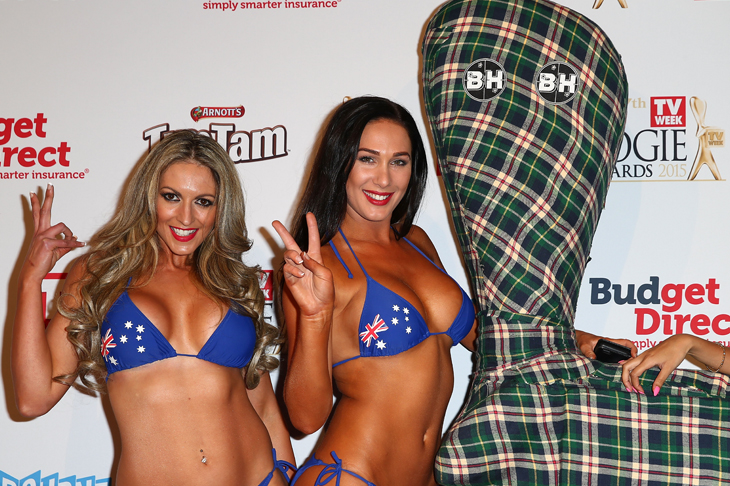
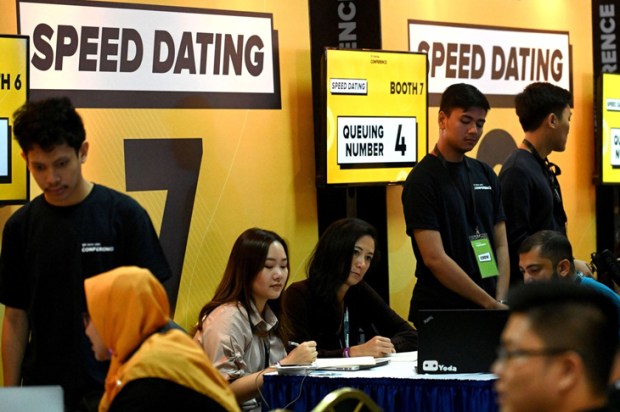
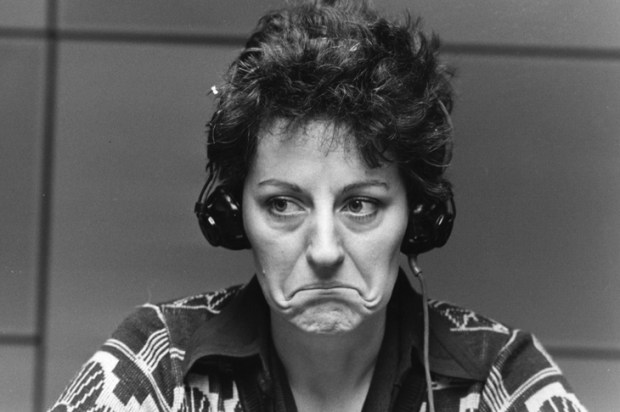
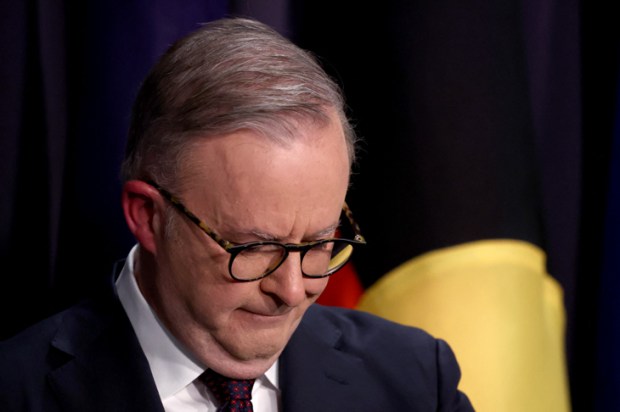
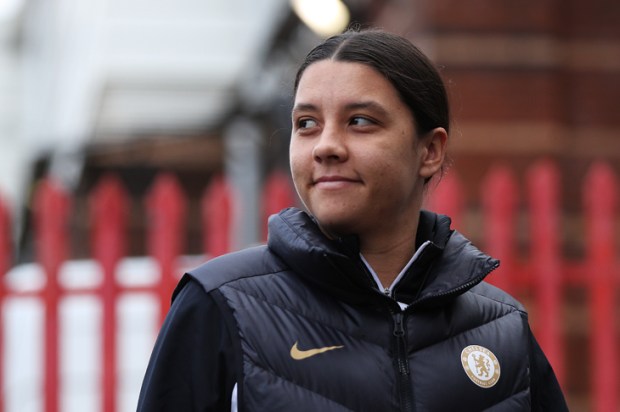
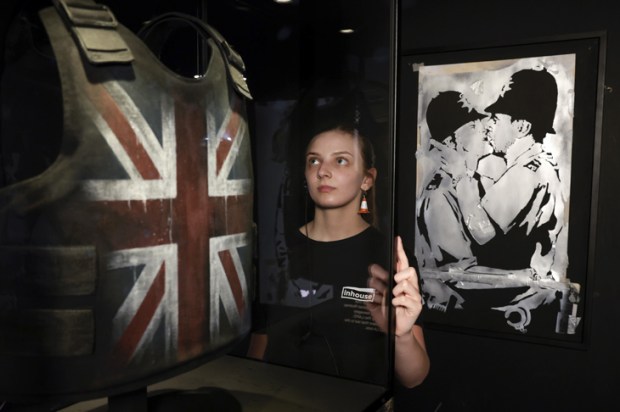
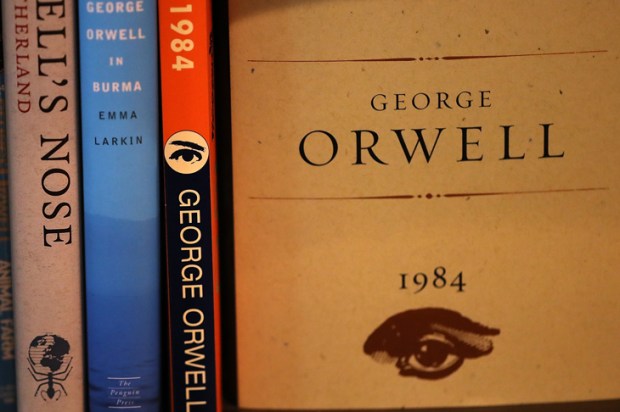






Comments
Don't miss out
Join the conversation with other Spectator Australia readers. Subscribe to leave a comment.
SUBSCRIBEAlready a subscriber? Log in